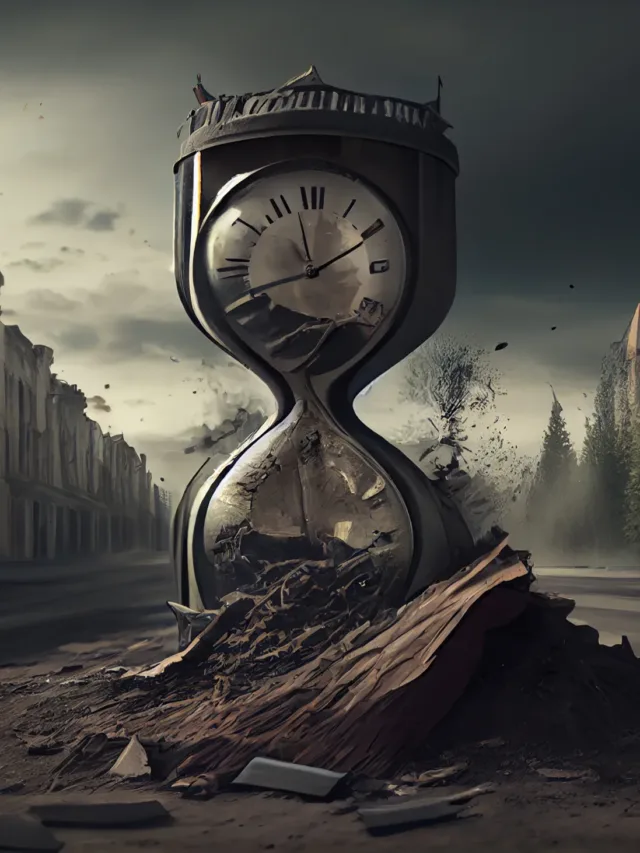
Love is an enigma that has inspired poets, painters, philosophers, and scientists throughout history. It’s a feeling that has inspired numerous songs, novels, and films, yet it remains one of human history’s most difficult and contentious themes. Is love something that we are born with, profoundly rooted in our biology and evolution, or is it the result of cultural and societal influences? To get an answer to this issue, we must travel across the intricate geography of love.
The Biological Foundations of Love
Let’s start our investigation with the biological characteristics of love. Love can be traced back to our evolutionary history from a biological standpoint. Love, or at least some sort of attachment and bonding, has been critical to our species’ survival. Forming strong emotional attachments, particularly between parents and their offspring, was critical in the early phases of human development for assuring the protection and care of vulnerable infants.
Helen Fisher, a biological anthropologist, has undertaken considerable research on the neuroscience of love. They propose that love has three fundamental components: lust, attraction, and attachment, each with its own set of hormones and brain activity. Lust is the initial desire for sexual fulfillment, which is stimulated by hormones such as testosterone and estrogen. Attraction is the romantic and passionate phase, which is characterized by the production of neurotransmitters such as dopamine, norepinephrine, and serotonin. Attachment, or long-term bonding, is linked to oxytocin and vasopressin.
These molecular pathways imply that love is indeed in our nature. The desire to develop emotional relationships and bonds has profound evolutionary roots. It is, however, crucial to remember that the complexities of love extend beyond biology.
The Influence of Culture and Society

While nature establishes the basis for love, culture and society determine how we comprehend and express it. Different cultures have different standards, values, and expectations when it comes to love and relationships. These cultural variables can have a big impact on our conceptions of love, its meaning, and how we feel it.
Arranged weddings, for example, are widespread in many cultures and are founded on the belief that love can develop and deepen over time, in contrast to the Western concept of romantic love at first sight. Furthermore, cultural conventions around gender roles, marriage, and family might influence how people experience and express love.
Media, literature, and art all contribute significantly to our perception of love. Romantic literature, movies, and popular songs frequently convey an idealized and simplified vision of love, which can lead to excessive expectations and disillusionment when reality does not match these depictions.
The Complexity of Individual Experience

Beyond biology and culture, the individual experience adds to the complexities of love. Each individual’s background, personal experience, and distinct personality qualities all influence how they view and engage in love. Childhood experiences, family dynamics, and previous relationships can all have a long-lasting impact on one’s ability to give and accept love.
Furthermore, the form of love experienced differs throughout partnerships and periods of life. The love between a parent and a kid differs from romantic love, which differs from the love between friends or even love for a pet. Each type of love has its own set of feelings, expectations, and difficulties.
The Intersection of Nature and Nurture

In truth, the complexities of love are not an “either-or” situation; they are the result of a delicate balance between nature and nurture. Our biological predispositions lay the foundation for our capacity to love, while culture and society shape the way we express and understand it. Individual experiences shape our individual perceptions of love.
While love is innate in our genetics, it is also a uniquely human creation. Love’s rich and complicated fabric is created by the tales we tell, the rituals we follow, and the relationships we make. It is both a natural force and the result of our collective imagination.
Conclusion
Is love inherently complicated, or is it a product of our culture and society? The solution lies in the delicate dance of our biological instincts and environmental influences. Love is a fundamental human experience that is modified by cultural norms, personal experiences, and individual views while drawing on our evolutionary background.
Accepting love’s complexities entails acknowledging that it is a complicated phenomenon that defies simplistic explanations. It is a subject that continues to interest us due to its complex tapestry of emotions, meanings, and sentiments. Love, whether innate or made, remains one of the most beautiful and enigmatic parts of human existence, reminding us of our common humanity and the depth of our bonds with one another.





